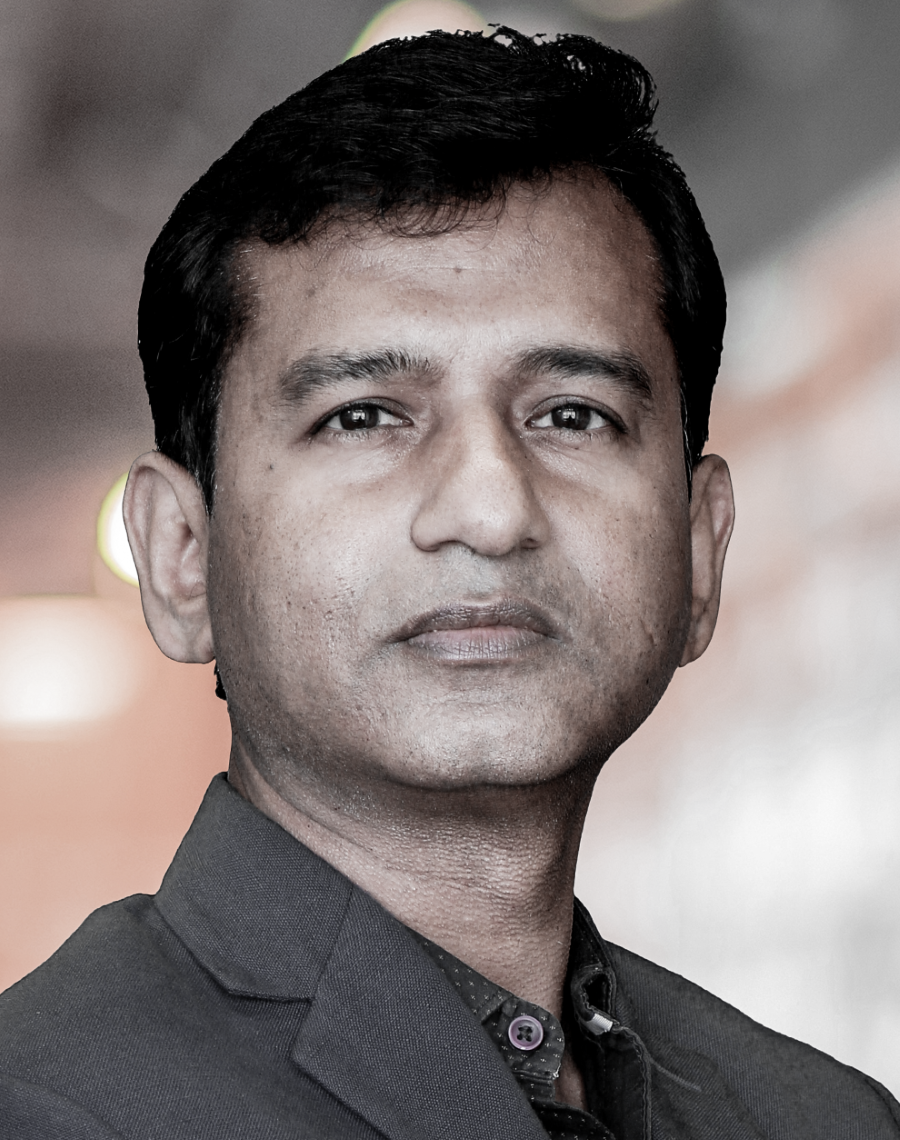In my past 24 years of journey, I am grateful to have worked in multiple roles including cross-functional and leadership roles. Few things that have stood out as differentiators in the way organisations approach their customers. The thing is there are simple ways to being customer centric, but the tangent must be drawn from the people in your organisation, key vision, goals and values of the company. Also, as I practice my PCC, I recognise the potential of this topic deeper.
Let’s talk about why People-Centric Organisations Matter Globally?
Enhanced Employee Engagement and Retention
In an era where talent is one of the most critical assets, employee engagement has become a top priority. Engaged employees are more productive, committed, and less likely to leave the organisation. This is particularly important in the global marketplace, where competition for skilled professionals is fierce. A people-centric approach ensures that employees feel valued and motivated, leading to higher retention rates and reduced turnover costs.
Innovation and Agility
Organisations that prioritise their people are more likely to foster a culture of innovation. When employees are encouraged to share their ideas and are given the resources to experiment and take risks, innovation flourishes. This agility is crucial in the global market, where businesses must continuously adapt to changing technologies and consumer preferences. A people-centric organisation leverages the collective creativity and problem-solving abilities of its workforce to stay ahead.
Strong Organisational Culture
A people-centric approach helps build a strong, cohesive organisational culture that aligns with the company’s values and mission. This culture not only attracts top talent but also ensures that all employees are working towards common goals. In a global context, a unified culture is essential for maintaining consistency and coherence across diverse regions and teams.
In my observation, Three Strategies for Building a People-Centric Organisation could be
Empathetic and Caring Leadership
Leaders who prioritise care induced empathy, create an environment where employees feel understood and supported. Empathetic leadership involves actively listening to employees, understanding their challenges, and providing the necessary support to help them succeed. For instance, Satya Nadella, CEO of Microsoft, has been a strong advocate for empathetic leadership. Under his guidance, Microsoft has shifted its culture to be more inclusive and supportive, which has been a significant factor in its recent success.
Caring leaders also recognise the importance of life and people’s mind-space. By promoting flexible working arrangements and offering mental health support, they help employees manage their personal and professional lives more effectively. This not only enhances employee satisfaction but also boosts productivity and loyalty.
Investment in Employee Development
A people-centric organisation invests in the continuous learning and development of its employees. This involves providing opportunities for skill enhancement, career growth, and personal development. Leaders like Richard Branson of Virgin Group emphasise the importance of training and development programs. Branson believes that investing in employees’ growth leads to higher engagement and better performance.
Organisations can offer various development programs, such as leadership training, mentorship, and access to online courses. By supporting employees in their professional growth, companies not only improve their skill sets but also show that they value their contributions and potential.
Inclusive and Diverse Work Environment
Inclusivity and diversity are cornerstones of a people-centric organisation. Leaders who champion diversity create a workplace where all employees, regardless of their background, feel welcome and valued. This inclusivity fosters a sense of belonging and encourages diverse perspectives, which are essential for innovation and problem-solving.
Sheryl Sandberg, COO of Facebook, has been a vocal advocate for gender diversity and inclusion. Her initiatives to promote women in leadership and create supportive networks within the company have had a profound impact on Facebook’s culture and performance.
To build an inclusive environment, organisations should implement policies that promote diversity in hiring, provide bias training, and create employee resource groups. These measures help to cultivate a culture of respect and equality, which enhances employee morale and collaboration.
The views and opinions published here belong to the author and do not necessarily reflect the views and opinions of the publisher.



Be the first to comment on "Building a People-Centric Organisation – A Global Imperative for Modern Leaders"